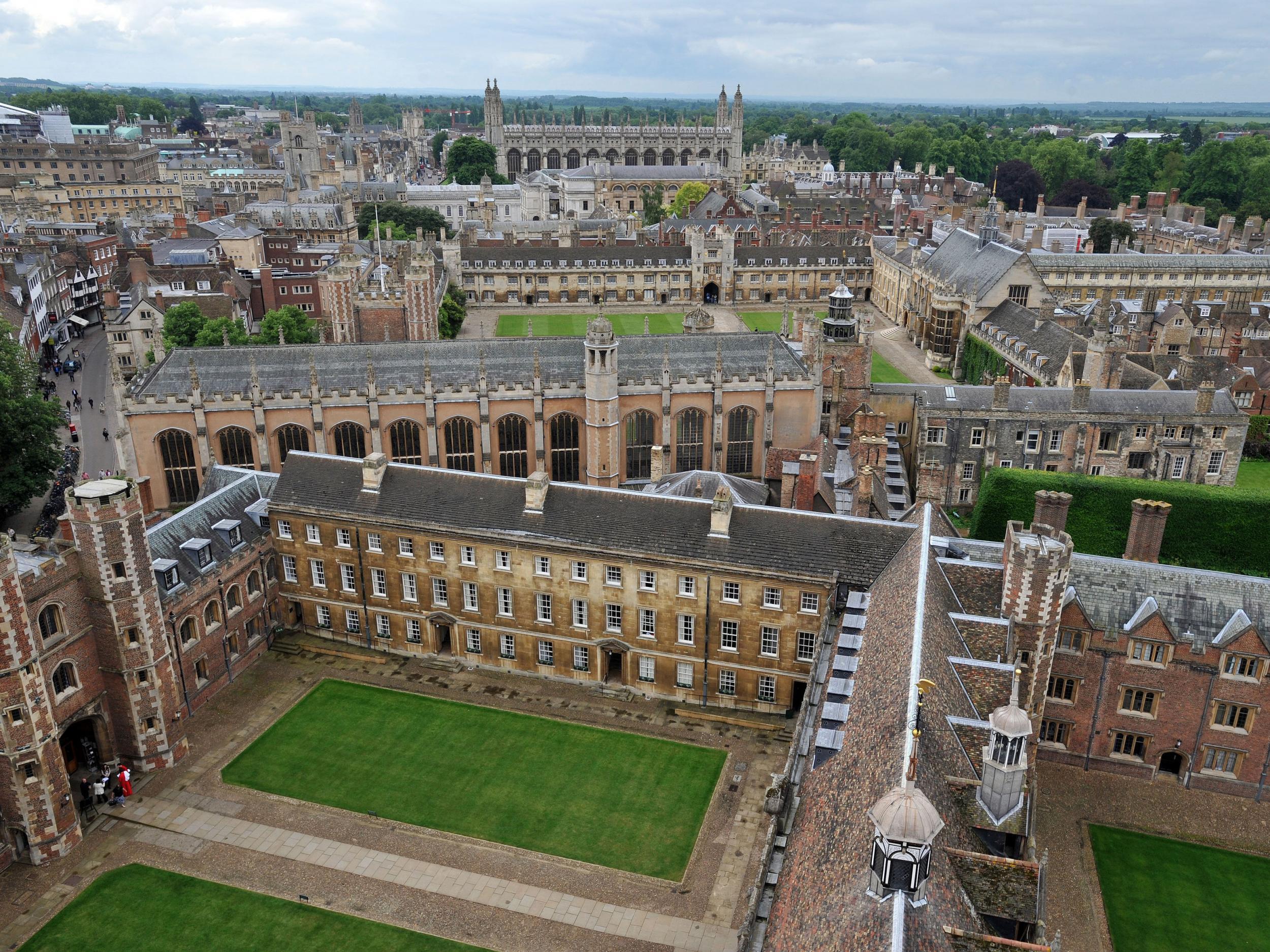Vast majority of students never repay their tuition fee debts, study finds
Means-tested fees should be introduced to enable poorer students to study for free, charity says

Your support helps us to tell the story
From reproductive rights to climate change to Big Tech, The Independent is on the ground when the story is developing. Whether it's investigating the financials of Elon Musk's pro-Trump PAC or producing our latest documentary, 'The A Word', which shines a light on the American women fighting for reproductive rights, we know how important it is to parse out the facts from the messaging.
At such a critical moment in US history, we need reporters on the ground. Your donation allows us to keep sending journalists to speak to both sides of the story.
The Independent is trusted by Americans across the entire political spectrum. And unlike many other quality news outlets, we choose not to lock Americans out of our reporting and analysis with paywalls. We believe quality journalism should be available to everyone, paid for by those who can afford it.
Your support makes all the difference.The vast majority of students will never repay their student loans, according to a study that calls for wide-ranging changes to the university fees system.
The Sutton Trust report said 81 per cent of students will never repay their debt in full and highlighted how the current system of loans means poorer students carry the heaviest debt burden.
The charity wants the Chancellor, Philip Hammond, to use next week’s Autumn Budget to bring back means-tested tuition fees and restore maintenance grants, which were abolished by the Coalition Government.
It says students from the wealthiest families should pay £12,250 a year in fees – higher than the current £9,250 - while those from poor backgrounds should pay nothing.
Introducing means-tested tuition fees would cut average student debt by a third, the Sutton Trust said.
Because maintenance support is now provided through loans rather than grants, poor students end up borrowing the most money and graduating with the highest level of debt. More disadvantaged students face a debt burden of £51,600, compared to £38,400 for their wealthier peers.
The Sutton Trust said that, under its proposed changes, no one from a household with an income of less than £25,000 would pay any tuition fees, while students from homes with an income of over £100,000 would pay £12,250.
Fees for those in between would be calculated according to their household income.
Theresa May announced last month that the Government will raise the threshold at which graduates start paying back their loans from £21,000 to £25,000. According to the Sutton Trust, the change will mean that almost half (45 per cent) of all money borrowed by students will never be paid back – up from 28 per cent under the current rules.
The higher threshold means 81 per cent of students will never repay their loan in full, because student debt is written off after 30 years.
The report said that introducing a means-tested fees system and reinstating maintenance grants would cut the average student debt to £23,000 – down from £46,000 currently.
For the poorest 40 per cent of students, average debt would fall from the current £51,600 to £12,700, according to analysis by London Economics.
The change would also see the burden of student debt that is never repaid fall from 45 per cent to 35 per cent.
Reintroducing maintenance grants would cost the state £3.2bn per year – roughly the same as raising the threshold to £25,000.
Sir Peter Lampl, chairman of the Sutton Trust, said: "It's an absolute scandal that the poorest students graduate with the highest debt. A typical graduate will leave university with whopping debts of £46,000 while young people from households in the lowest 40% of earners will graduate with debts of nearly £52,000. These debt levels are almost double those of American university graduates.
"We are proposing that fees should be means-tested and maintenance grants reintroduced so that those from low income families incur the lowest debts. Our proposals are an affordable and fair alternative to the current system where fees are not means-tested and there are no maintenance grants."
Join our commenting forum
Join thought-provoking conversations, follow other Independent readers and see their replies
Comments